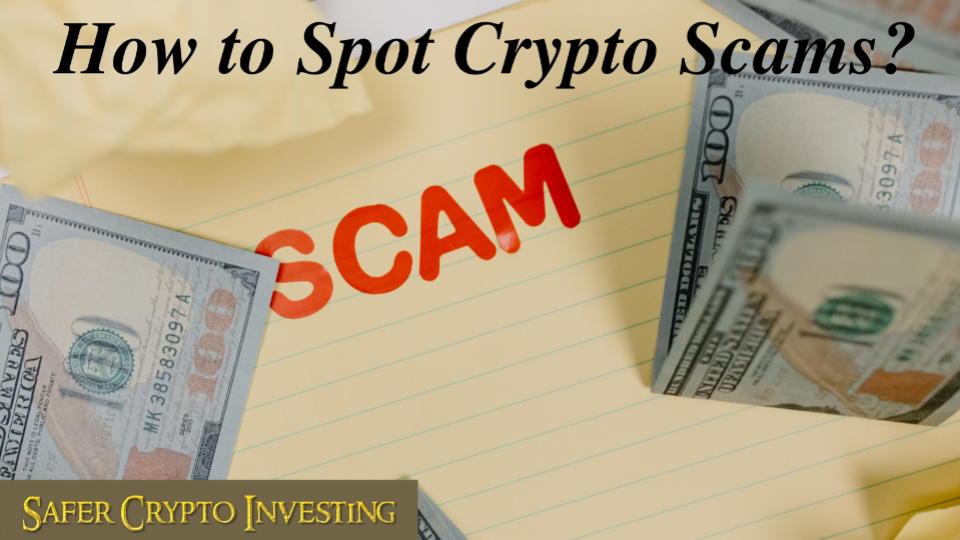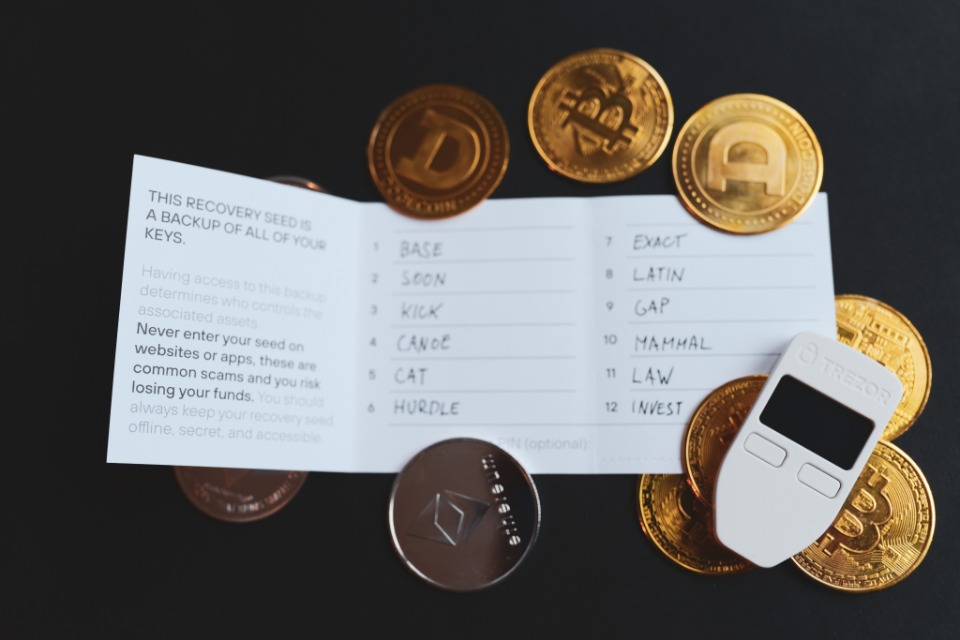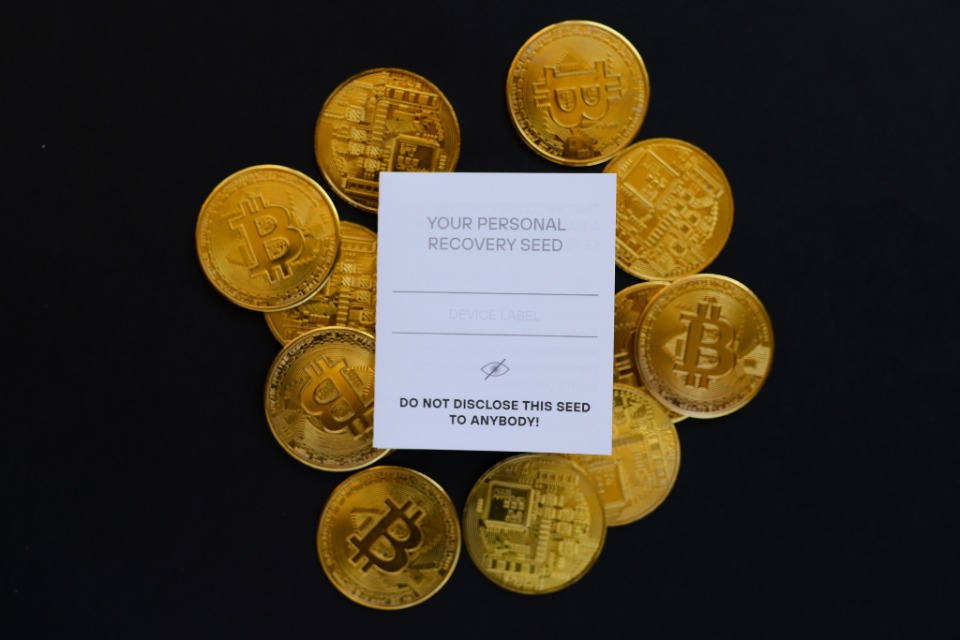How to Spot Crypto Scams

Hard to believe for those of us who are fascinated by cryptocurrency investing, but most people have learned about crypto only recently. A deeper understanding of what is going on behind the scenes requires some technical knowledge.
Some of the advantages of crypto are also its disadvantages. Because crypto is still new, relatively unregulated, and is becoming more and more popular, a lot of scammers are active out there.
They try various tactics such as:
- Trying to get your personal information.
- Trying to convince you to transfer money or crypto.
- Sending you to a private chat group.
- Making promises of guaranteed returns.
- Sending you to their own broker or website.
- Suggesting that you use exchanges or trading firms not registered with regulation agencies, such as FINCEN in the USA or FINTRAC in Canada.
In addition, you won't find any reliable information about what they're offering and they can't show you any real proof of others using the same method.
Here are some clues that might alert you to a scam:
- Something that just seems too good to be true
- Free mining coins via Facebook groups
- A helpful WhatsApp chat
- A fake token contract address
- A deposit address provided by someone else
- The no-name Telegram channel
- A private message from an admin in a Telegram or Discord chat
- An unknown person direct messaging to sell you tokens for less
- Dusting attacks, when random tokens you did not purchase appear in your wallet. Do not click them and do not try to sell them because it might trace to you and your wallet and possibly allow them to empty your contents.

Here are common real-life scenarios.
SMS links
You receive an SMS text message regarding an issue with your bank, credit, or other financial account. If you click on the link, scammers now have your phone number and you might end up on a fake website. If you provide personal or account info on the fake website, they can steal it.
The fix? Always go directly to your bank, credit card, or other financial website. Check the address carefully and make sure you are on the correct website. From secure access you can confirm if you indeed have any messages. Your bank or credit card company will never ask for any personal info prior to logging in.
SIM card swap
You realize that your mobile number was transferred without your permission. The thief claims they forgot their password and then activated an SMS confirmation.
The fix? We recommend you always use the 2FA method with Authy or a similar app to sign into your financial websites, Amazon, etc, as opposed to the SMS method as it is more secure.
Ponzi Scheme
You are promised some set returns or fixed income for joining an investment pool. You are assured that you will make money every day or week, no matter what is happening in the market.
The reality? Part of this system works because, while you're making a 'fixed' amount, the people at the top can keep the extra profit from a higher increase in the value of the assets. Also, the system is fed whenever new members come in. Eventually the scheme fails and most people involved will lose most or all of their investment.
Fake Website
You are directed to a website that looks very professional or even similar to other sites you are used to using. Often scammers will get your personal info when you create an account or they will steal whatever money or crypto that you deposit.
The Fix? Never use a website that you're never heard of before unless you can find trusted people and websites recommending it. Look for reviews and if they are registered and/or regulated. Do some research, check their contact info, address, location, etc.
As a beginner, your best bet is to stick to the most famous exchanges and always keep your accounts and assets under your own control.

Just to recap, it is your job to keep your investments safe.
When navigating in the crypto world:
- never give out personal info
- never tell anyone your passwords or seed phrases
- keep your wallet address private or for trusted people only
- use only known and verified websites and exchanges
- if you have any doubts, ask a trusted source
Read our previous article about this subject:
How To Avoid Cryptocurrency Scams
To get started more safely in crypto and download our checklist, go here:
Investing in Cryptocurrencies? Use these Basic Tools
Write to us at Safer Crypto Investing ([email protected]), if you have any questions or come across anything suspicious.
